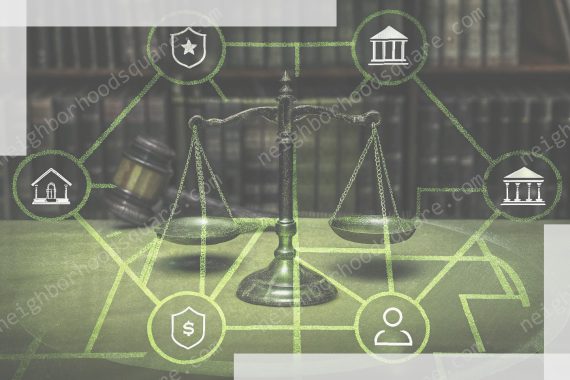Why Legal Research Should Be Outsourced
Time Efficiency: Law firm practitioners operate under strict, and in many ways more onerous, billable time requirements than their corporate counterparts. With 10 to 15 billing hours per day being ideal, all non-billable tasks are detrimental to financial achievement and success. For senior law firm associates, legal research, whether for a client, senior partner or for developing own expertise in an area of the law, can easily dwarf non-billable hours each day. Outsourcing research helps avoid this issue. If you need to be conducting research, do it in a time-efficient manner and outsource whenever possible or prudent; particularly for legal issues in which you have little experience. You will recover your time (and then some!).
Cost Effectiveness: This is not as simple as it sounds. Your cost for legal research may not be limited to paying the billable rate of a junior associate. For larger firms, the costs may include training and support, other research level attorneys, reference librarians and various databases. For corporate or litigation departments, legal research costs may include training a single attorney or a group of attorneys not previously experienced in an area of practice. While direct hourly costs may be lower than your current rates, indirect costs (as listed above) can add up quickly . Additionally, a linear review of these indirect costs may likely increase efficiency and accuracy, albeit at a slower rate, over time.
Expertise: Legal research resource providers are often former members of law firms or corporate legal departments, with practical, real-world experience and in-depth expertise. Even plain vanilla legal research, such as solely interpreting/applying/citing to precedent from previously decided cases, is rarely straight forward. Law school taught the fundamental skills of not only conducting, but broadly understanding the results of legal research. However, most legal research graduates, once on the job, are overloaded with "real world" demands that distract from the underlying basic research skills required to understand research results. The nuances of interpreting/applying/citing to precedent from previously decided cases is more often than not overwhelming and, unfortunately, eluded. Without painful lessons learned (i.e. errors) borne out by negative legal ramifications, there is no other practical way to become proficient in legal research. If not for yourself, for the business considerations of your firm or department, outsourcing to an experienced, former attorney is often the best option. Being resourceful is tantamount to employing resource experts.
…
Read More








